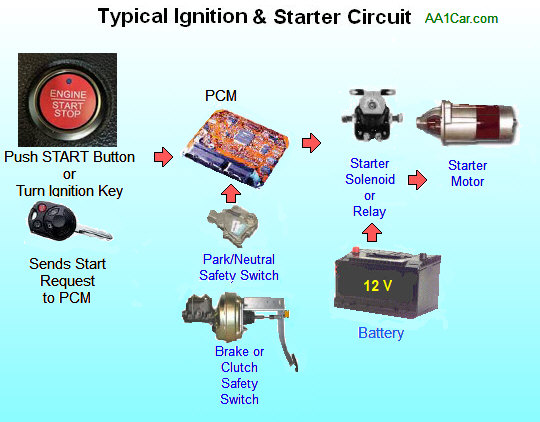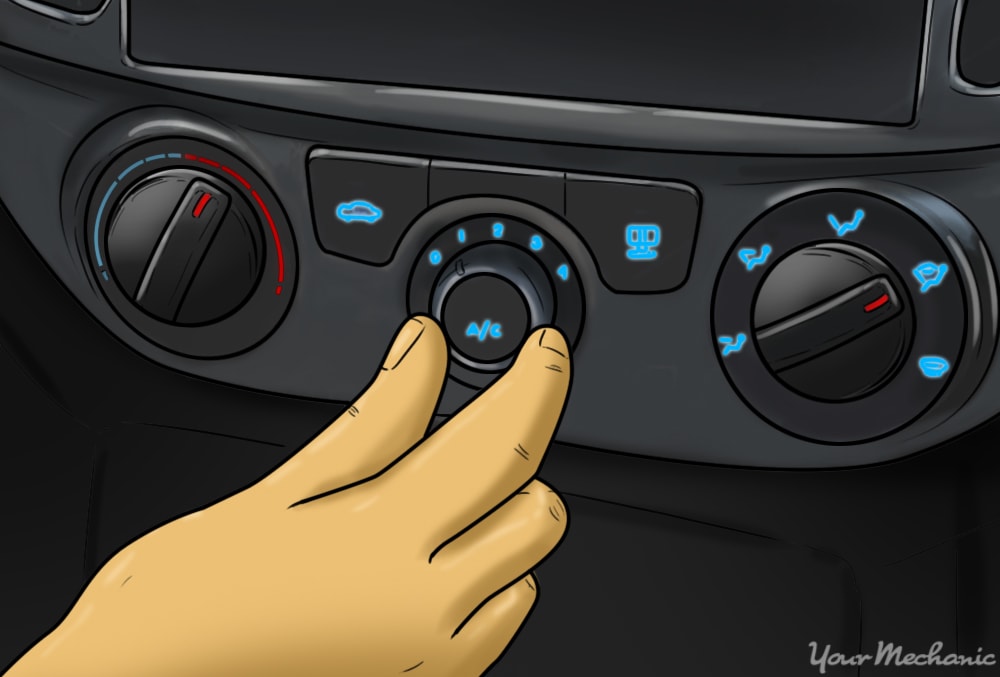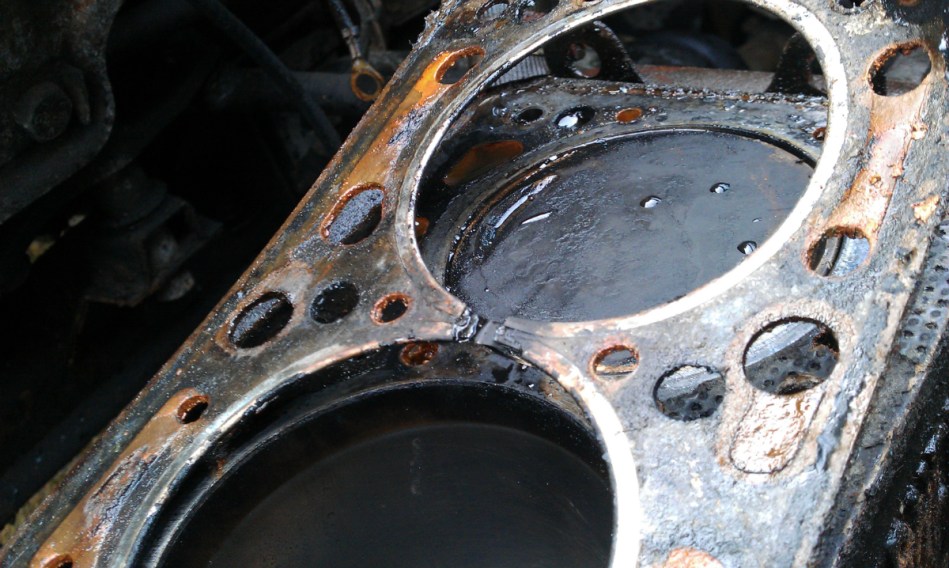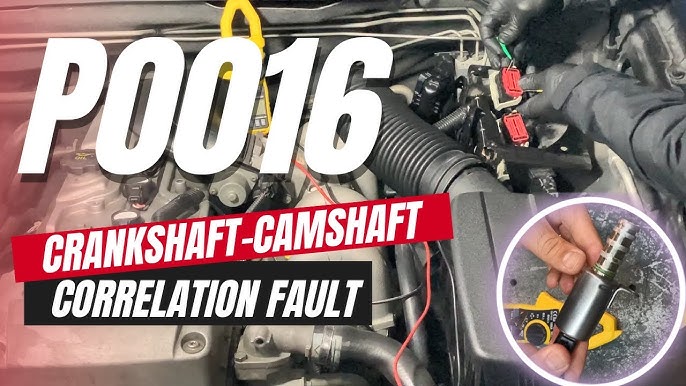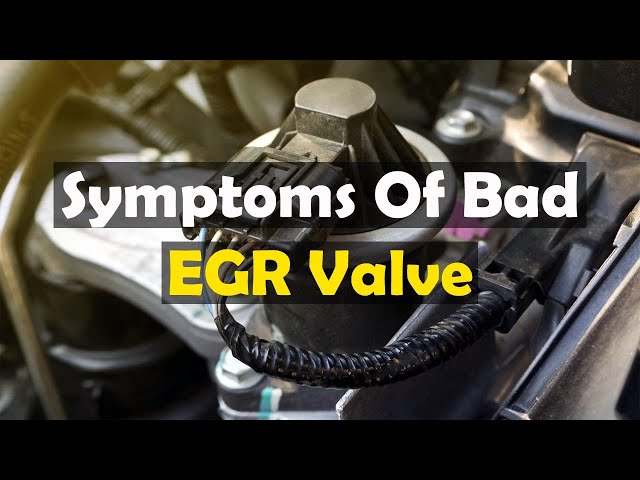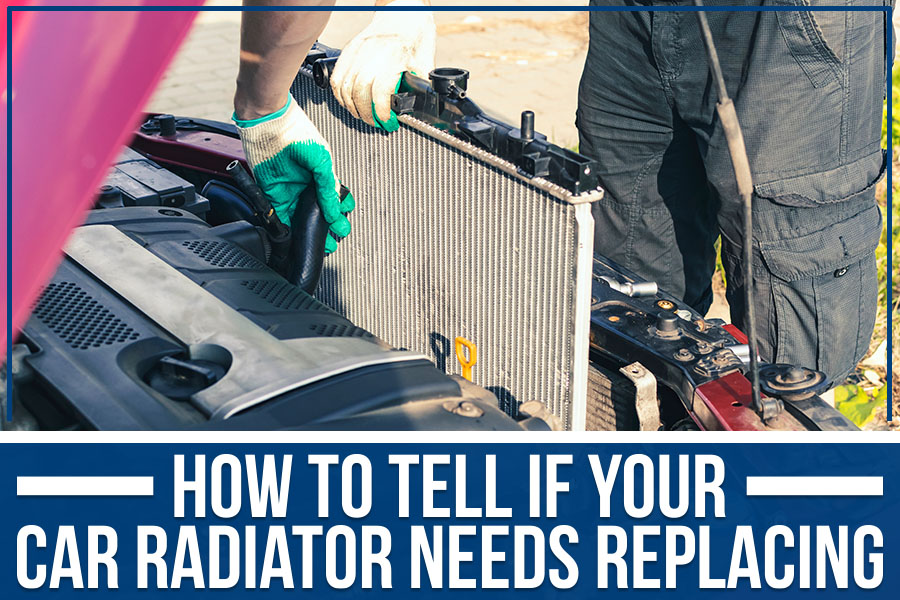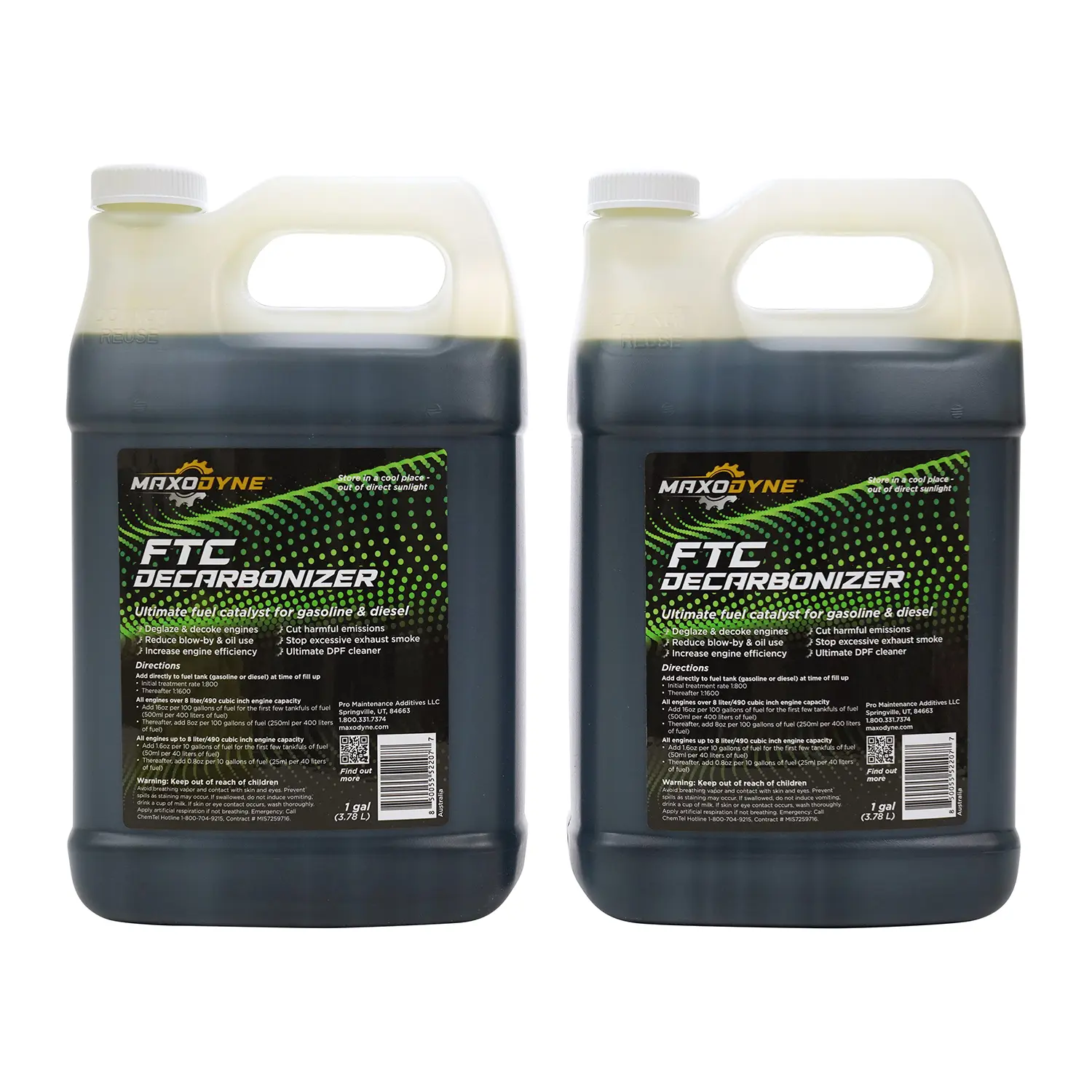Can a Bad Battery Cause a Crank No Start
Yes, a bad battery can cause a crank no start situation. A weak or dead battery lacks the power to turn the engine.
A vehicle that cranks but refuses to start often stumps drivers with its sudden and frustrating behavior. One common culprit is a faltering car battery. A healthy battery is crucial for the ignition process, as it supplies the necessary electrical charge to power all of your vehicle’s electronic components and, most importantly, turn the engine over.
When the battery is on its last legs, it may provide enough energy to activate the starter motor and create the cranking noise, yet fail to muster the power required to ignite the engine. Identifying a battery-related issue early can spare drivers from the unexpected woes of a non-starting car. Regular maintenance checks can help detect a dying battery before it reaches a critical point and ensure a reliable start every time.
Signs Of A Bad Car Battery
Is your car refusing to start? A bad battery might be the culprit. Understanding the warning signs can save you from getting stranded. Let’s explore the clear indicators of a bad car battery, and what they mean for your vehicle’s health.
Weak Headlights And Interior Lights
The brightness of your car’s lights can tell a lot about battery health. Dimming headlights or weak interior lights often signal a struggling battery. Here’s why brightness matters:
- Full power is needed for lights to shine brightly.
- A dying battery can’t maintain voltage, dimming the lights.
Test your lights both when the engine is off and running. Noticeable dimming when starting your car may mean battery issues.
Slow Engine Crank
Ever heard a sluggish, whining sound from your engine during ignition? That’s a slow engine crank. It’s a classic sign the battery might be failing. When a battery lacks charge, it takes longer to create the spark necessary to start the engine. Pay attention to how the engine turns over. Does it start quickly or lag? If it’s lagging, the battery may be weak.
Credit: www.reddit.com
The Relationship Between Battery Health And Engine Start
Understanding the relationship between battery health and your engine’s ability to start is critical for drivers. A car’s battery works hard. It provides the spark your engine needs. When it fails, you may find yourself stuck with a car that won’t start.
Role Of The Battery In Engine Operation
The battery in your car serves a key role. It powers the starter motor. It also provides electricity for the ignition system. The battery runs your car’s computer too. This computer checks everything is running smoothly. Without a healthy battery, your car might not start.
- Starter Motor: Needs battery power to turn the engine.
- Ignition System: Uses battery power to create spark for combustion.
- Onboard Computers: Rely on battery power to manage engine operations.
How A Weak Battery Affects Starting
A weak battery has trouble. It might not turn the engine fast enough to start it. A bad battery might not send enough power. This can cause a crank no start situation. Your engine will turn, but it will not start. Here’s how a weak battery makes trouble:
| Problem | Effect |
|---|---|
| Slow Engine Crank | The engine turns slow and fails to start. |
| Low Voltage | Not enough power for the ignition system. |
| Electronic Fail | Computers can’t check the engine. |
Checking the battery is a must if starting fails. A simple test can show battery health. Replace a bad battery fast. It will help you avoid a crank no start worry. Your local mechanic can help.
Diagnosing A ‘crank No Start’ Condition
When your car refuses to start, pinpointing the exact cause is crucial. A car that cranks but won’t start often puzzles many drivers. This situation usually points to an issue somewhere in the ignition or fuel system, but did you know a bad battery could also be at fault? Let’s troubleshoot a ‘Crank No Start’ condition in a systematic way.
Common Symptoms Of ‘crank No Start’
- Engine cranks but doesn’t fire up – The starter motor is working but the engine won’t ignite.
- Rapid clicking sounds – A sign the battery might not have enough power to start the engine.
- No engine crank and no lights – Battery may be entirely dead, or there’s a connection issue.
- Dash lights flicker or are dim – Indicative of low battery power.
Steps To Diagnose The Issue
Start with a visual check. Inspect the battery terminals for any corrosion or loose connections.
Test the battery voltage with a multimeter. A reading below 12.4 volts suggests a charging problem.
Attempt to jump-start. This will determine if the issue is with the battery or elsewhere in the system.
Listen to the car’s behavior as it cranks. Slow cranking can mean the battery isn’t delivering enough power.
Check the fuel system if the battery passes all tests. Issues like a clogged fuel filter can also cause a car not to start.

Credit: www.youtube.com
Troubleshooting Other Causes For ‘crank No Start’
A bad battery isn’t the only villain in the ‘Crank No Start’ scenario. When your engine cranks but refuses to start, it can send you down a path of frustration. While a drained battery might be the usual suspect, numerous factors can disrupt your vehicle’s symphony. Let’s shine a light on other potential culprits you should investigate.
Ignition System Problems
The ignition system’s role is fire up your engine. If it fails, your vehicle won’t start. Here’s what might go wrong:
- Faulty spark plugs: They ignite fuel in the engine.
- Defective ignition coil: It provides the spark plugs with power.
- Damaged distributor: It routes high-voltage currents.
Fuel System Blockages
A clear path for fuel is essential for engine start-up. A blockage disrupts the flow. Possible culprits include:
- Clogged fuel filter: It cleans dirt from the fuel.
- Faulty fuel pump: It transports fuel to the engine.
Engine Mechanical Failures
Engine components must be in good shape for a smooth start. Mechanical failures can cause a ‘Crank No Start’, such as:
- Broken timing belt: It keeps engine parts in sync.
- Worn-out cylinders: They house the engine pistons.
- Seized engine: A lack of oil can cause it.
Maintaining Your Car Battery To Prevent Starting Issues
A good car battery is key for a reliable start. When it fails, you might face a crank no start situation. Keeping your battery in top shape can help avoid these issues. Let’s explore how regular maintenance can make a difference.
Regular Battery Checkup Tips
Performing routine battery inspections can save time and money. Use these tips:
- Visual Checks: Look for corrosion or leaks.
- Test Charge: Use a voltmeter to check the battery’s charge level.
- Clean Terminals: Remove buildup to ensure good connections.
- Secure Mounting: Confirm the battery is firmly fixed in place.
When To Replace Your Battery
Batteries wear out. Recognize these signs for replacement:
| Sign | Action Needed |
|---|---|
| Slow Engine Crank | Test or replace the battery. |
| Swollen Battery Case | Replace the battery immediately. |
| Battery Age > 3 Years | Consider a new battery. |
| Warning Light On | Get the electrical system checked. |
Follow these guidelines and avoid starting trouble due to battery issues. A timely battery replacement keeps your ride smooth and hassle-free.
Professional Vs. Diy: Handling ‘crank No Start’ Problems
A ‘Crank No Start’ issue with your vehicle can lead to unexpected headaches. It often leaves car owners wondering if a bad battery is the culprit or if the problem stems from another cause. While some folks have the skills to tackle car repairs, others will find more value in seeking help from a professional. Understanding when to call in an expert and when you might be able to fix the issue yourself is crucial.
When To Seek Professional Help
Complex diagnoses and security risks warrant a professional’s touch. If you’re unsure of the problem, specialists come in handy. They employ advanced diagnostic tools to pinpoint the exact issue. Here are scenarios where a professional should take the lead:
- No experience: If you lack basic car knowledge.
- Safety concerns: When car wiring or critical components are involved.
- Warranty: To avoid voiding your car’s warranty.
- Recurring issues: If the problem persists after a DIY attempt.
Diy Fixes For Experienced Individuals
Confident with a wrench? Then certain ‘Crank No Start’ solutions could be in your wheelhouse. Below are DIY checks and adjustments savvy car owners can perform:
- Battery connections: Ensure they’re tight and corrosion-free.
- Charge the battery: Use a charger if the battery is low.
- Spark plugs: Replace them if they’re old or faulty.
- Fuel check: Verify if the fuel pump delivers enough gas.
Remember, appropriate tools and safety precautions are non-negotiable. Consult your vehicle’s manual or online forums for guidance.

Credit: www.detroitnews.com
Frequently Asked Questions For Can A Bad Battery Cause A Crank No Start
Can A Bad Battery Prevent Engine Starting?
A bad battery can indeed prevent an engine from starting. Insufficient battery power impedes the starter motor, preventing it from turning the engine effectively, resulting in a crank no start condition.
Does A Bad Battery Affect Cranking Speed?
Yes, a bad battery can significantly affect cranking speed. Lower voltage from a failing battery delivers inadequate energy to the starter, leading to slow and weak cranking of the engine.
What Causes Crank No Start Issues?
Crank no start issues can be caused by various problems, including a bad battery, faulty ignition system, fuel delivery issues, or a malfunctioning starter motor.
How To Diagnose A Bad Battery?
To diagnose a bad battery, check the voltage level with a multimeter, perform a load test, and inspect for physical signs of damage or corrosion on the battery terminals.
Conclusion
To wrap up, a faulty battery can indeed lead to a crank no-start situation. Regular checks and timely replacement prevent this issue. Embrace maintenance to ensure your car’s reliability. Trust in proper vehicle care for a smooth start every time.
Remember, a sound battery is key to a healthy engine ignition.

